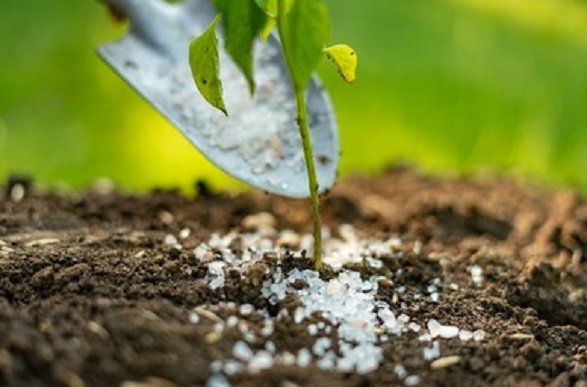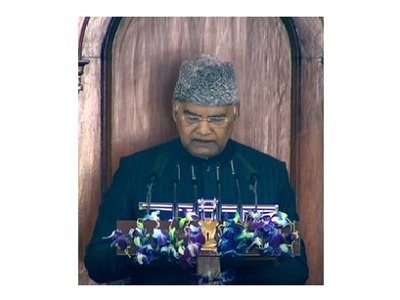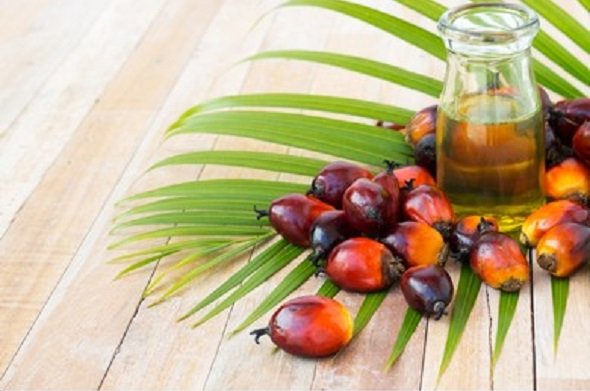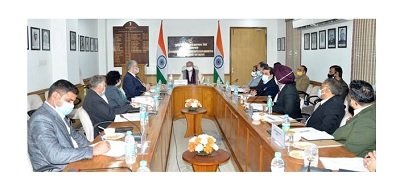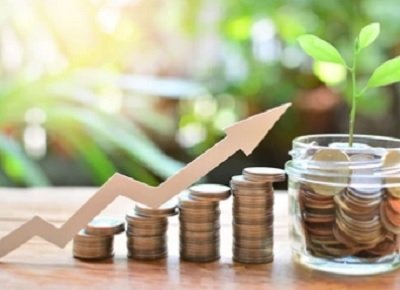The virtual webinar had the topic of ‘Agriculture Ecosystem: Expectations from Budget 2022’
PHDCCI recently organised a virtual webinar on ‘Agriculture Ecosystem: Expectations from Budget 2022.’ The webinar started with a welcome address by Deepak Pahwa, Chair, FTIC Committee, PHD Chamber. Pahwa said, “Recuperating from the impact of two years of a pandemic, India is working hard to gain from every opportunity to strengthen its position at the global level and utilise the opportunity of trade diversion from China.”
Pradeep Multani, President, PHDCCI in his address mentioned that agriculture continues to be a dominating employment generating sector and contributes a significant proportion to the country’s GDP. He highlighted on identifying areas and crops to integrate the benefit of micro-irrigation with structured governance and execution strategy will help the country climb a newer height of fiscal growth.
BK Sabharwal, Chair, Capital Market & Commodity Market Committee, PHDCCI highlighted that in the Union Budget 2021, the government had a farm credit target of Rs16.5 trillion, which is likely to be revised in Budget 2022 to Rs 18.5 trillion.
Rajesh Kumar Dangeti, Regional Director (Northern Regional Office), SEBI, in his Chief Guest Address said that India is one of the highest producers of many agricultural products in the world. He also highlighted some of the problems which the farmers face with inflation in agricultural products, over-dependence on climate changes, storage facilities, depletion in groundwater, air pollution and environmental sustainability and many others.
This was followed by a speech by Sanjay Aggarwal, Former President, PHDCCI, who stated that India should expedite the signing of free trade agreements with the US, the UAE, Australia, Japan and other countries. According to him, the government should also take up the issue of restoring GSP status with the US as it is the major market for India. Zero duty under GSP status will make Indian exporters more competitive at the global level, is what he opined.
Badri Narayanan Gopalakrishnan, Lead Advisor (Trade and Commerce), NITI Aayog, Government of India said that new foreign trade policy will capture all aspects of new and growing challenges of the exporters and designed in an appropriate way to support the industry to overcome the challenges of the next 10 years.
Niti Bhasin, Delhi School of Economics, the University of Delhi in his speech talked about the New Foreign Trade Policy that should focus on incentivising the export products which are contributing significantly to the exports and has a comparative advantage for India to become a more competitive and balanced trade destination.
Nirmal Khandelwal, Co-Chair, Foreign Trade and Investment Committee, PhD Chamber suggested establishing a body to support MSMEs so that they can be part of GCV (global value chain ) and exports. Loans for the exporter are available at a very high rate in comparison to other emerging economies, so there is a need to rationalise the rate of the loan for exporters.
Bimal Jain, Chair, Indirect Tax Committee, PHD Chamber urged for synchronisation among foreign trade policy, GST laws and customs to make India more Attamanirbhar Bharat.
Madan Sabnavis, Chief Economist, Bank of Baroda, stated that agriculture is the backbone of the economy. He talked about the NREGA project, capital expenditure on agriculture including warehousing, transportation & irrigation facilities.
Sandeep Jain, Director, Tradeswift Broking, focussed on improving agriculture GDP so that the country can witness a consumption revolution.
Kapil Dev, Chief Business Officer, NCDEX talked about the MSP, measures to bring down the cost of production and the government’s long-term approach to improving infrastructure in the agriculture sector.
RN Bhaskar moderated the session and emphasised vibrant future markets for agriculture and subsidies in the agriculture sector.
The virtual webinar had the topic of



